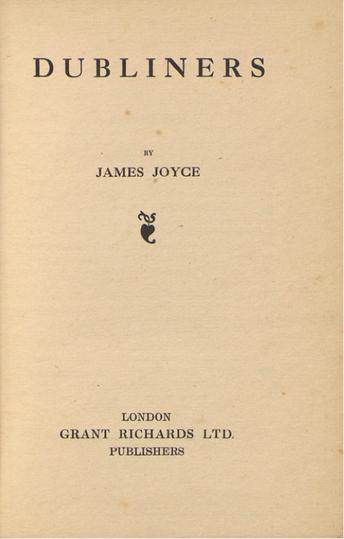
Author: James Joyce
Genre: Fiction/Short Story
# Pages: 256
Date Published: 1914
5-Star Rating: 5
Would you recommend it?: Yes
Dubliners is a collection of fifteen short stories by James Joyce, each story describing the lives of different characters in Dublin. With the variety of characters and situations featured, one could argue that the central character of the work is the city itself. This is not a cold and impersonal Dublin; the city feels alive in this book, like I could walk the streets myself, because each story was built from personal experience. With its unpredictable, emotional air, Dubliners feels both natural and authentic. There is an honesty in each of the characters’ experiences that feels realistic, even to those who have never been to Dublin or experienced Joyce’s twentieth century.
The book also offers insight into Joyce’s other work. For instance, “The Dead”, the final short story in the collection, describes the conflict between an intellectual and an Irish identity, a struggle Joyce himself felt.
I highly recommend this collection. Each story unfolds beautifully. Reading through them is like looking at a Monet painting; nothing in it seems forced, everything is smooth and natural, though unique as well. Though complicated, these vignettes are also fun to read; the characters are very curious and I always wanted to know what was going to happen next. Each story is wonderful, honest and beautiful and definitely worth reading.
Review by Michael Solah, A&S '15

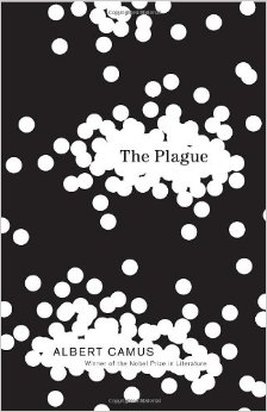
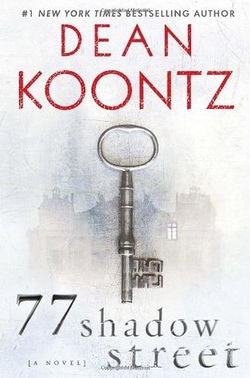
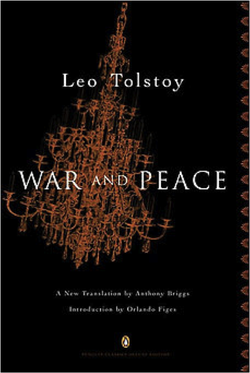
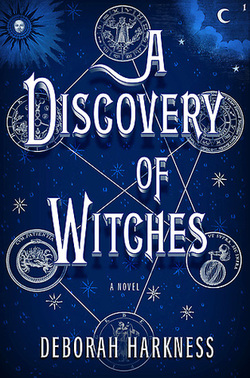
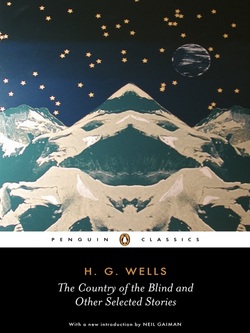
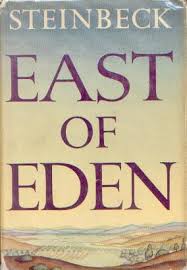
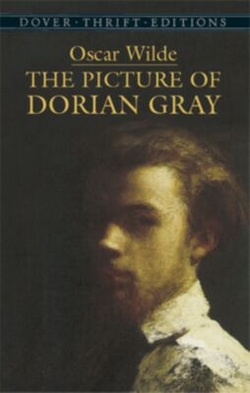
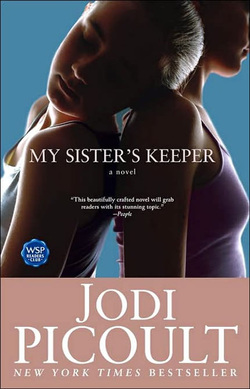
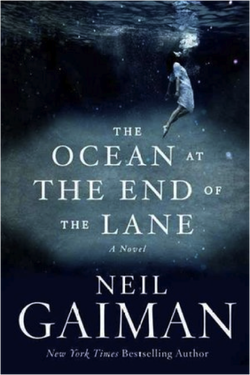
 RSS Feed
RSS Feed
